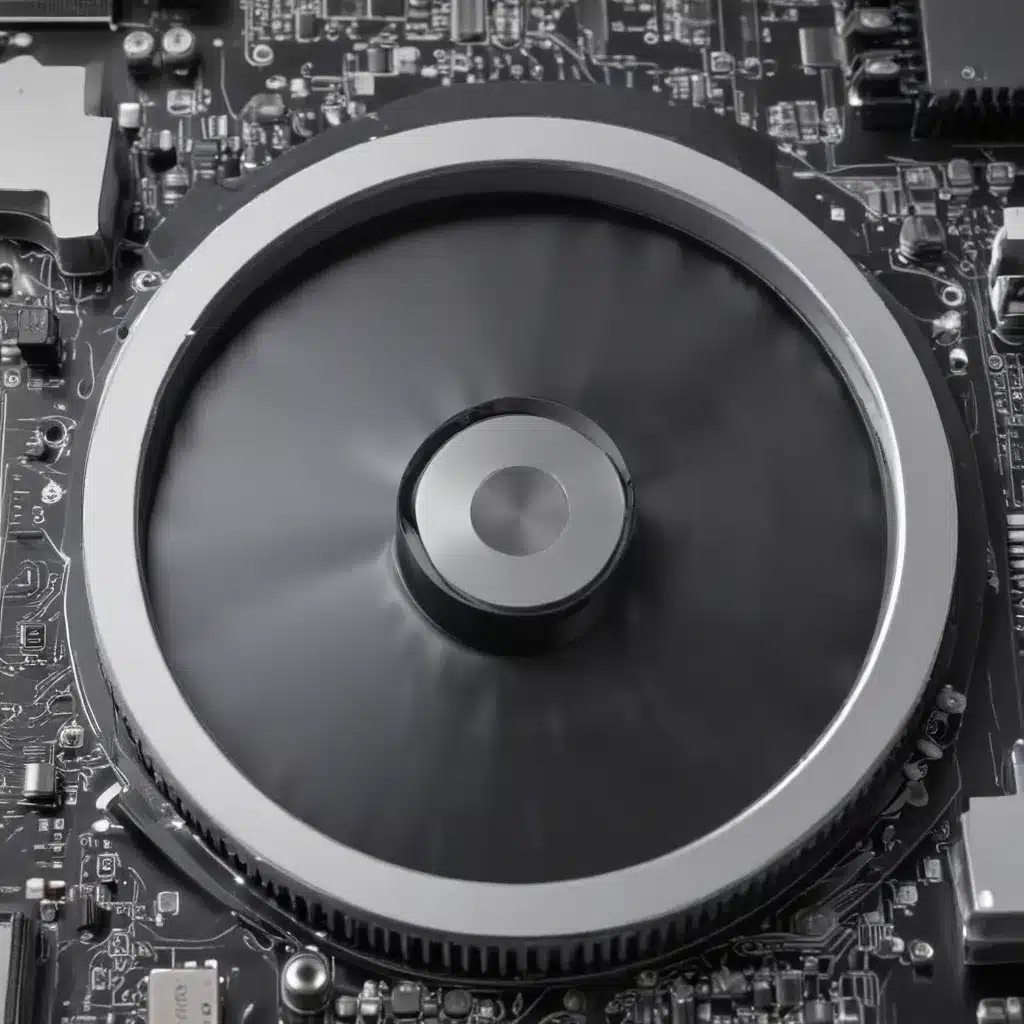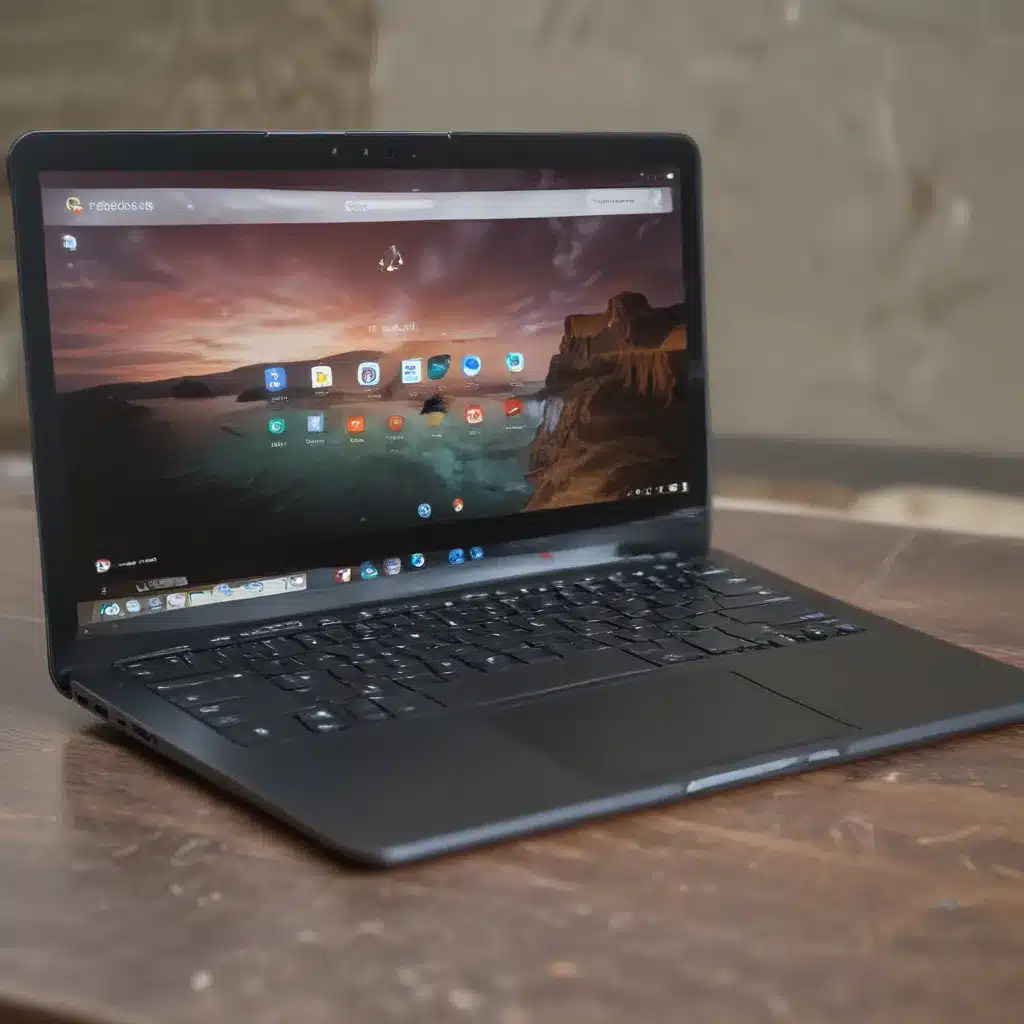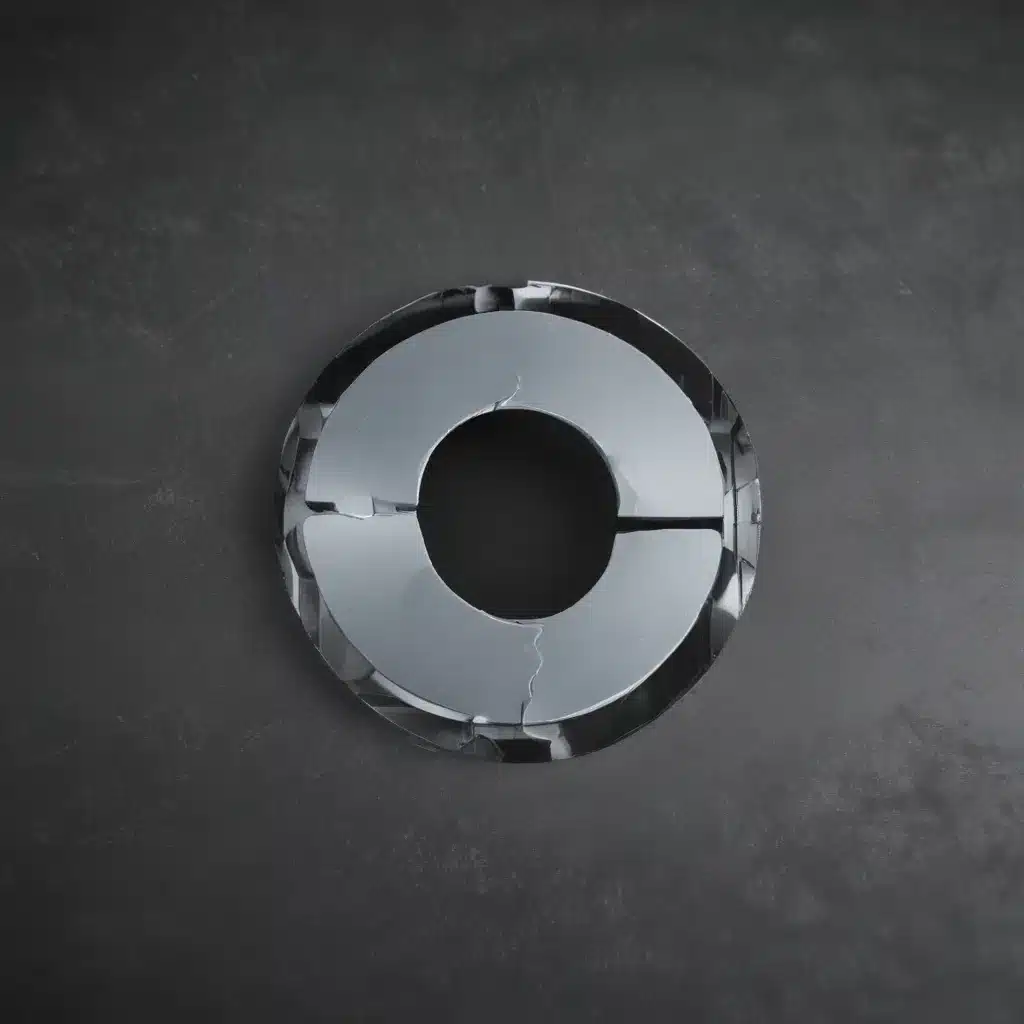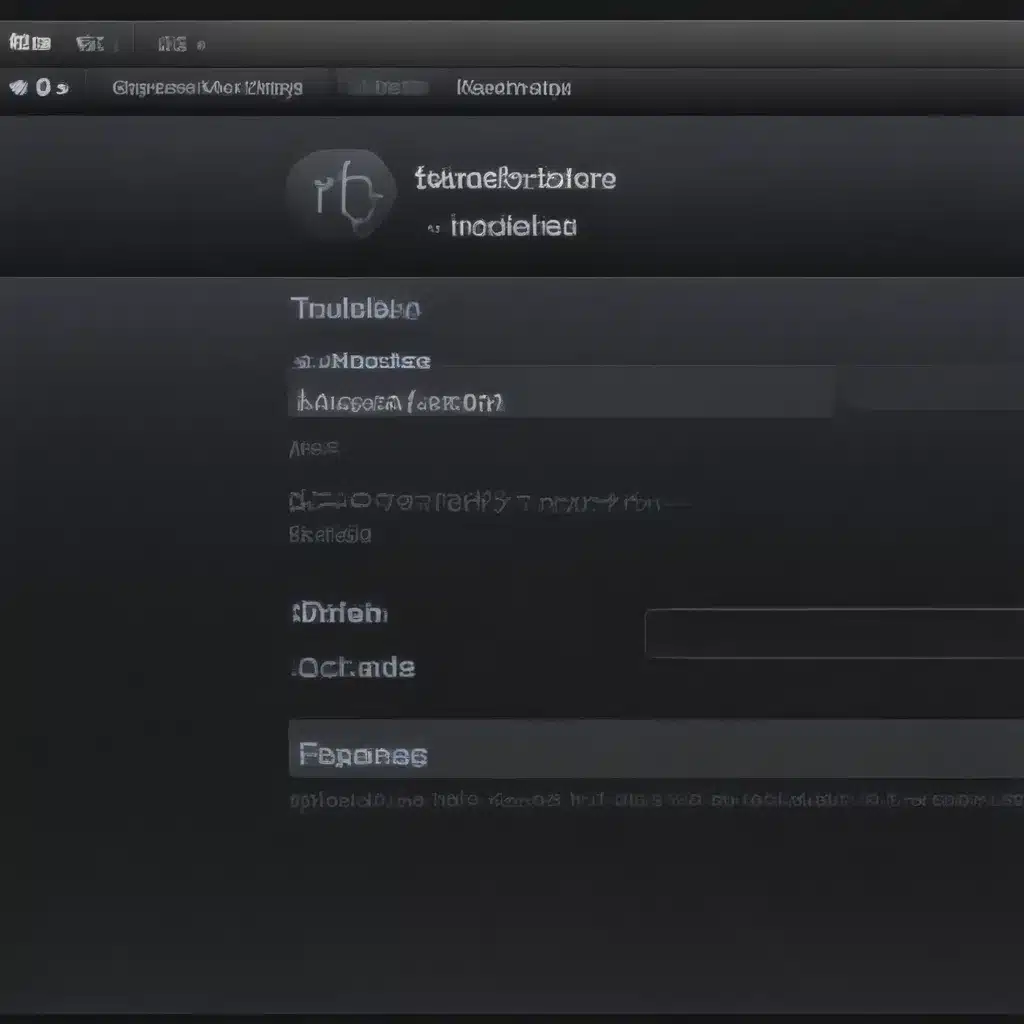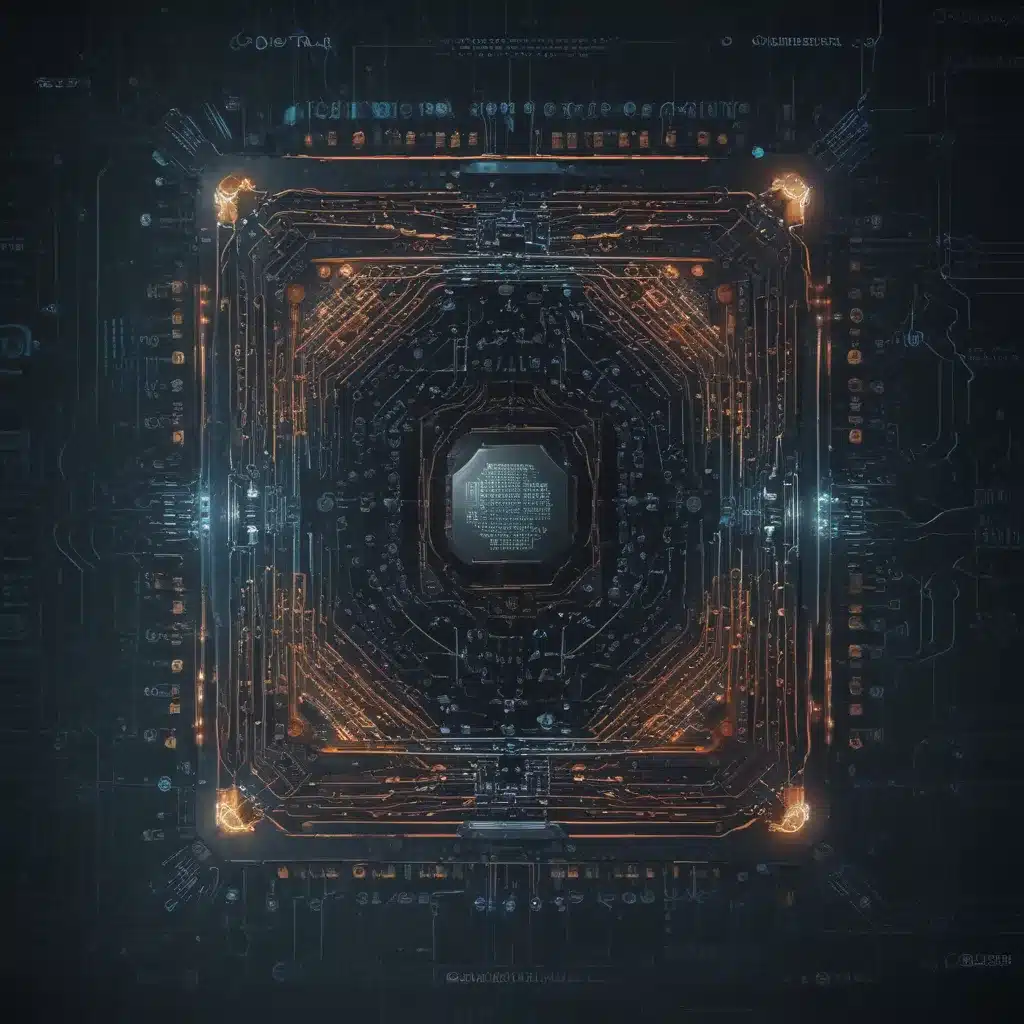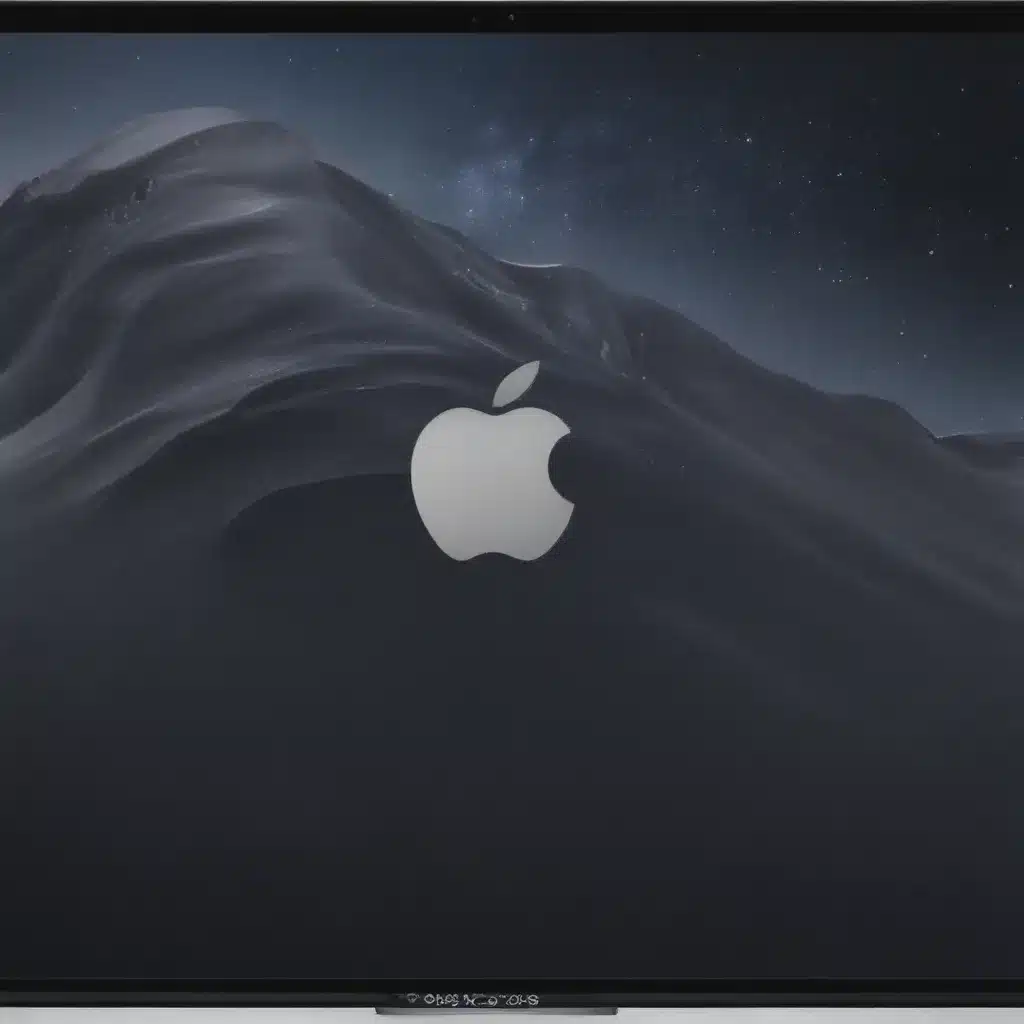Diagnosing the Drag
Oh boy, has my computer been giving me trouble lately. It’s like one minute I’m zipping along, browsing the web, checking emails, maybe indulging in a cheeky YouTube video or two. And the next, it’s like my machine has turned into a sluggish snail, struggling to even load a simple webpage. Does this sound all too familiar? If so, you’ve come to the right place, my friend.
As a self-proclaimed tech enthusiast, I’ve experienced my fair share of frustratingly slow computers. But over the years, I’ve also picked up a trick or two to help get that lead-footed laptop back into the fast lane. And now, I’m here to share my expertise with you in the hopes of revving up your rig and restoring its former glory.
So, what could be causing your computer to crawl at a snail’s pace? Well, the culprits can be quite diverse, ranging from pesky software issues to hardware bottlenecks. But fear not, we’re going to dive deep into the possible problem areas and equip you with the solutions to get your machine purring like a well-oiled machine. [1]
Clearing the Clutter
One of the most common causes of a sluggish computer is simply too much junk clogging up the system. Think of it like your garage – the more random bits and bobs you toss in there, the harder it is to find what you need and move around freely. The same principle applies to your computer’s storage.
Over time, our digital lives can accumulate a veritable mountain of files, programs, and other digital detritus. And all of that clutter can seriously slow down your machine’s performance. It’s like trying to run a race while dragging an anchor behind you – it’s just not going to end well.
The good news is that tackling this issue is relatively straightforward. Start by taking a deep dive into your computer’s file structure and identifying any unnecessary or duplicate files. Delete those bad boys without a second thought. [2] Then, turn your attention to your installed programs and uninstall anything you don’t actively use. This will not only free up precious storage space but also reduce the number of background processes competing for your computer’s resources.
And while you’re at it, don’t forget to give your web browser a good old-fashioned spring cleaning as well. Clear out those pesky cookies, cached files, and browsing history to help it run more efficiently. [3] Trust me, your computer will thank you for it.
Optimizing Your Hardware
Now, let’s talk about the hardware side of things. Sometimes, even the mightiest of computers can start to show their age, and the components that once powered your machine like a turbocharged race car may start to feel more like a jalopy chugging along.
One of the first things to consider is your computer’s random access memory (RAM). In today’s world of multi-tasking and resource-hungry applications, having enough RAM can make all the difference between a silky-smooth experience and a sluggish slog. [4] If you find that your RAM is consistently maxed out, it might be time to consider an upgrade.
Another potential culprit could be your storage drive. If you’re still rocking an old-school hard disk drive (HDD), it might be time to consider making the switch to a solid-state drive (SSD). SSDs are lightning-fast in comparison to their HDD counterparts, and the difference in performance can be truly jaw-dropping. [5] Trust me, once you go SSD, you’ll never want to go back.
And let’s not forget about your trusty central processing unit (CPU). While modern CPUs are incredibly powerful, if yours is starting to show its age, it could be causing major bottlenecks in your system’s performance. [6] If you’re in the market for a new computer, be sure to do your research and choose a processor that will keep up with your needs.
Tackling Software Snags
Now, let’s turn our attention to the software side of things. Sometimes, even the most well-behaved programs can start to cause problems, dragging down your computer’s performance in the process.
One common issue is outdated or incompatible drivers. These are the little pieces of software that allow your computer’s hardware to communicate with the operating system, and if they’re not up-to-date, they can cause all sorts of headaches. [7] Make sure to regularly check for and install any available driver updates to keep your system running smoothly.
Another potential culprit is resource-hungry background processes. These are the programs that are running in the background, silently consuming your computer’s resources without you even realizing it. [8] Take a close look at your task manager or activity monitor and identify any processes that are hogging an excessive amount of CPU or memory. Once you’ve identified the culprits, see if you can disable or limit their impact.
And let’s not forget about those pesky startup programs. You know, the ones that automatically launch when you turn on your computer, often without your knowledge or consent? Well, those can be a real drag on your system’s performance. [9] Take some time to review your startup settings and disable any programs you don’t absolutely need to have running from the moment you power on.
Putting It All Together
Alright, there you have it – a comprehensive guide to revving up your sluggish computer and getting it back into tip-top shape. From clearing out the digital clutter to optimizing your hardware and tackling software snags, we’ve covered all the bases.
Now, I know it might seem like a lot to take in, but trust me, the effort is well worth it. Think of it like giving your car a tune-up – sure, it takes some time and elbow grease, but the payoff is a smooth-running, high-performing machine that’ll have you zipping around in no time.
So, what are you waiting for? Roll up your sleeves, put on your problem-solving hat, and let’s get to work reviving that sluggish machine of yours. With a little bit of patience and the right know-how, I guarantee you’ll be back in the fast lane in no time.
References
[1] Knowledge from https://www.reddit.com/r/buildapc/comments/qcjafs/new_pc_build_is_very_slow_and_lags_quite_a_bit/
[2] Knowledge from https://stackoverflow.com/questions/42888024/git-bash-mintty-is-extremely-slow-on-windows-10-os
[3] Knowledge from https://www.reddit.com/r/rpcs3/comments/kdy4w7/suggestions_for_optimizing_rpcs3_for_performance/
[4] Knowledge from https://stackoverflow.com/questions/30817871/android-studio-is-slow-how-to-speed-up
[5] Knowledge from https://superuser.com/questions/1077801/my-windows-10-pc-got-really-slow-although-cpu-and-memory-usage-is-fine-what-els
[6] Knowledge from https://askubuntu.com/questions/1230525/ubuntu-20-04-network-performance-extremely-slow
[7] Knowledge from https://www.dell.com/support/kbdoc/en-us/000178928/how-to-troubleshoot-slow-performance-issues
[8] Knowledge from https://superuser.com/questions/1133822/my-computer-is-running-slow-but-task-manager-doesnt-show-excessive-cpu-or-memo
[9] Knowledge from https://www.reddit.com/r/buildapc/comments/qcjafs/new_pc_build_is_very_slow_and_lags_quite_a_bit/

